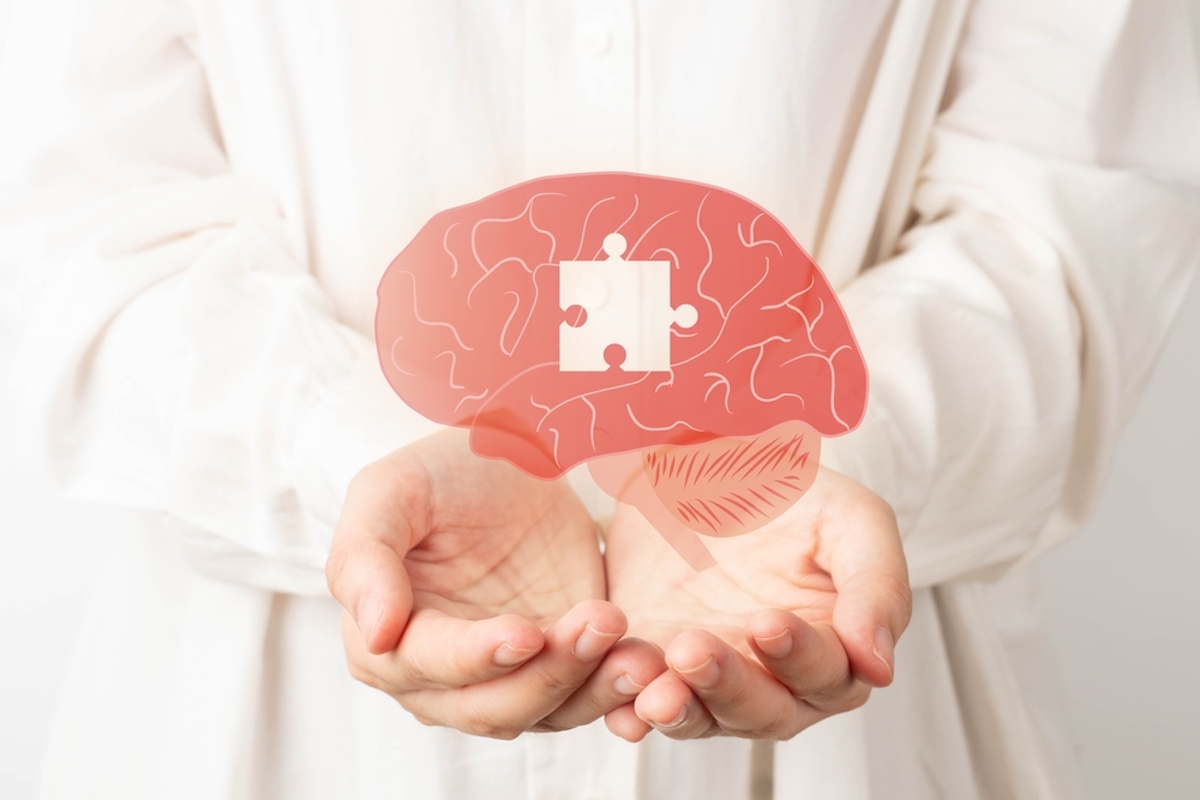Schizophrenia is a mental health condition that affects 1 in 300 people in the world. According to the World Health Organization (WHO), this adds up to roughly 24 million individuals. There is a stigma surrounding the condition. Many people fail to understand its causes or recognize symptoms. Untreated, schizophrenia can lead to a variety of physical and mental health complications and rob people of the chance to lead happy productive lives. Fortunately, treatment can make a big difference and lead to positive outcomes. The first step toward getting help is spotting the warning symptoms…

What Causes Schizophrenia?
Medical experts are still working to understand the exact causes of schizophrenia. However, research suggests that the following may play a role:
- Genes: You’re six times more likely to develop schizophrenia if a close relative has the condition. Researchers believe that genes likely play a role in determining who gets this disease, but have ruled out the possibility that it occurs due to a single genetic variation.
- Brain chemistry: Low levels of the brain chemicals dopamine and glutamate have been linked with schizophrenia. This may cause symptoms by reducing or changing communication between brain cells.
- Health before and after birth: There is some evidence to suggest that pregnant people who develop viruses or suffer from nutritional deficiencies during the second and third trimesters may be more likely to have a child that develops schizophrenia later in life. Autoimmune disorders may also increase the risk of developing the disease.
- Substance abuse: Some studies indicate that using mind-altering drugs, including marijuana, during adolescence may put people more at risk for developing schizophrenia in adulthood.
Continue reading on the next page to discover the symptoms, possible treatments and when to seek help.

